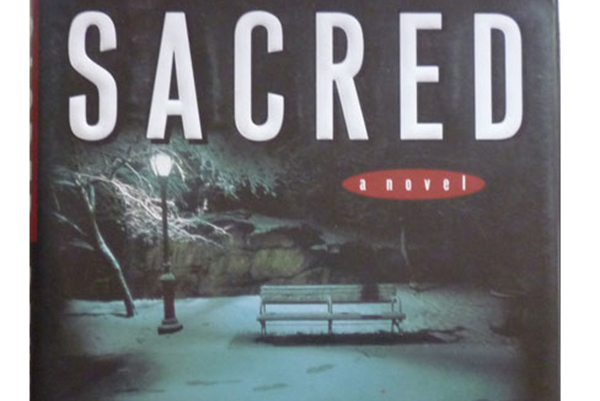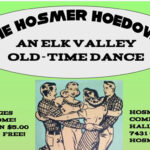Home »

Superb Lehane never lets me down
Book Review
By Derryll White
Lehanne, Dennis (1997). Sacred.
What sets Dennis Lehane above many writers in the mystery genre is the effort he puts into the feel and energy of his main characters, Patrick Kenzie and Angela Genaro. He describes them as relatively honest in a world losing its meaning, and unrelenting. He creates a palpable tension between them, which correctly mirrors real people and relationships. Nothing is easy, sex is not a given, and the reader wonders if they will be speaking to each other by the end of the story or falling deeply in love – reflections again of real life. Lehane is a superb novelist first and a mystery writer incidentally.
 Like most of the best writers, Lehane pays particular attention to place. I have been to Boston several times and the secret corners Dennis Lehane exposes, such as the North End, have eluded me. He makes me want to return for another try.
Like most of the best writers, Lehane pays particular attention to place. I have been to Boston several times and the secret corners Dennis Lehane exposes, such as the North End, have eluded me. He makes me want to return for another try.
The characters in this novel reflect the best (and the worst) of humanity. Patrick and Angie both stick to a strict, and some would say out-dated, moral code. Trevor and Desiree have no moral compass whatsoever. Searching for the missing Desiree Stone and encountering the worst of corrupt modern religion, the private investigators still strive to be honourable. Asked to kill the perpetrators of Ms. Stone’s presumed disappearance, Patrick clearly says he wants never, ever to kill another human being. But the Church of Truth and Revelation and its corporate off-shoot Grief Release, Incorporated, sorely test that resolve as they bilk grief-ridden shattered people of both their money and secrets. And the Stones annihilate the resolve with their hedonistic and self-absorbed antics.
This is the book where Patrick and Angie work out their past history. Lehane does it with style and grace. Really, the guy never lets me down. You should treat yourself and read Dennis Lehane.
********
Excerpts from the novel:
GRIEF – “Grief,” he said, “is carnivorous. It feeds whether you’re awake or not, whether you fight it or you don’t. Much like cancer. And one morning you wake up and all those other emotions – joy, envy, greed, even love – are swallowed by it. And you’re alone with grief, naked to it. And it owns you.”
PERSONAL APPEAL – Her eyes drew you in, no question, but it was more than that that kept you fixated on her. She had what I’m sure a Hollywood casting director would call “presence.” Frozen in time, she still radiated an aura of health, of vigor, of effortless sensuality, an odd mixture of vulnerability and poise, of appetite and innocence.
BOSTON – The North End was where each successive wave of immigrants had left the boat and dropped their bags. So the Jewish and then the Irish and finally the Italians had called this area home and given it the distinctly European character it retains today. The streets are cobblestone, narrow and curve hard around and over and through each other in a neighborhood so small in physical area that in some cities it would barely constitute a block. But packed in here tight are legions of red and yellow brick rowhouses, former tenements co-opted and restored, and the odd cast-iron or granite warehouse, all fighting for space and getting really weird on top where extra storeys were added after “up” became the only option. So clapboard and brick rise up from what were once mansard roofs, and laundry still stretches between opposite fire escapes and wrought-iron patios and “yard” is an even more alien concept than “parking space.”
TO LIVE BY – “I believe in honor,” he said. “No other human attribute deserves the exaltation honor does. And I’ve tried to live my life as an honorable man. But it’s hard. Because most men aren’t honorable. Most people aren’t. To most, honor is an antiquated notion at best, a corrosive naiveté at worst.” He turned his head and smiled at us, but it was a tired smile. “Honor, I think, is in its twilight. I’m sure it will die with the century.”
FLORIDA – It was a strange state, I’d been noticing, but in ways it was growing on me. Well, actually, the Crab Shack was growing on me. I liked Sandra and Rita and Gene and the two signs behind the bar that said, “If You Like the Way They Do Things in New York So Much, Take I-95 North,” and “When I Get Old I’m Going to Move to Canada and Drive Real Slow.”
 – Derryll White once wrote books but now chooses to read and write about them. When not reading he writes history for the web at www.basininstitute.org.
– Derryll White once wrote books but now chooses to read and write about them. When not reading he writes history for the web at www.basininstitute.org.







